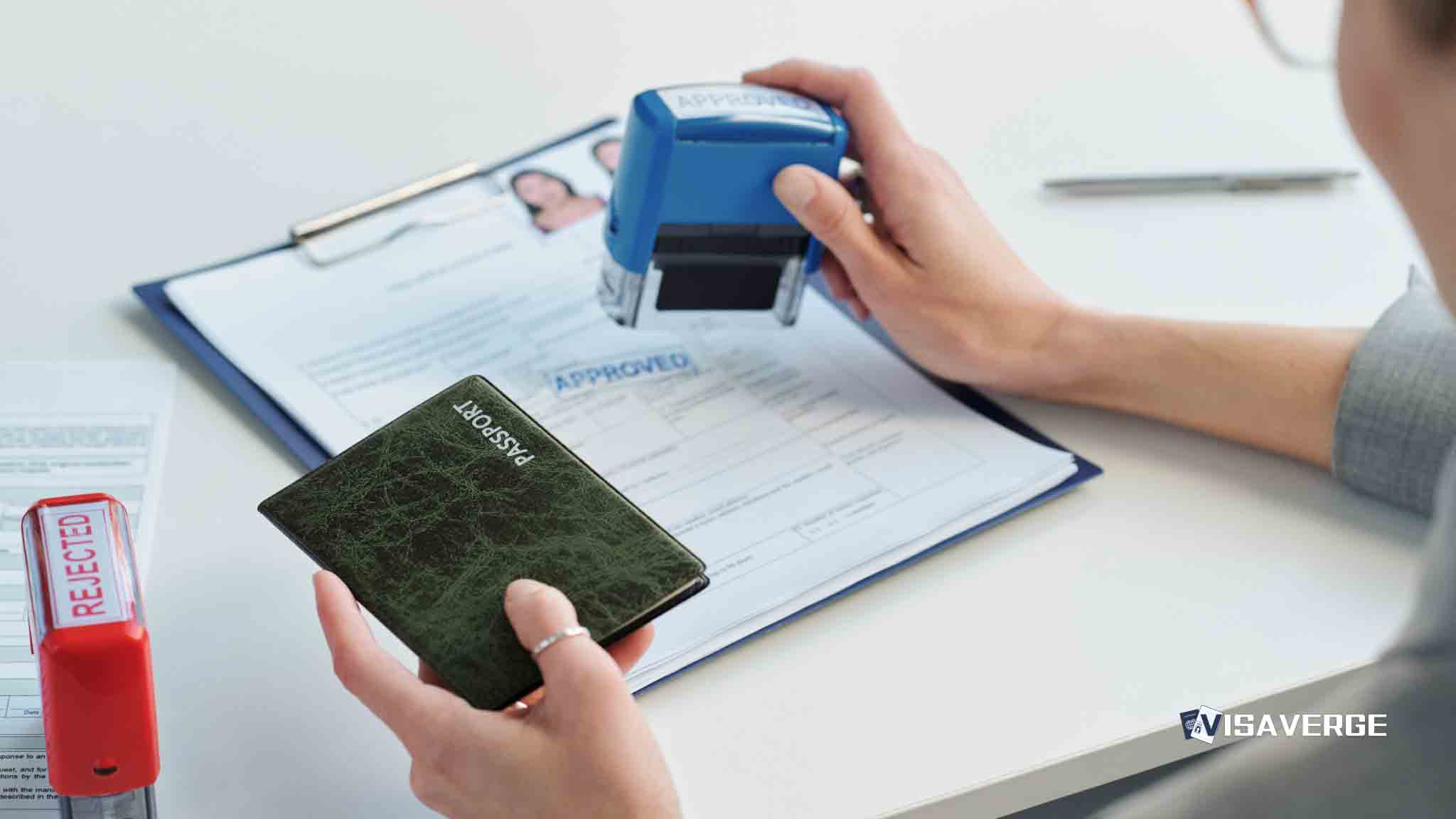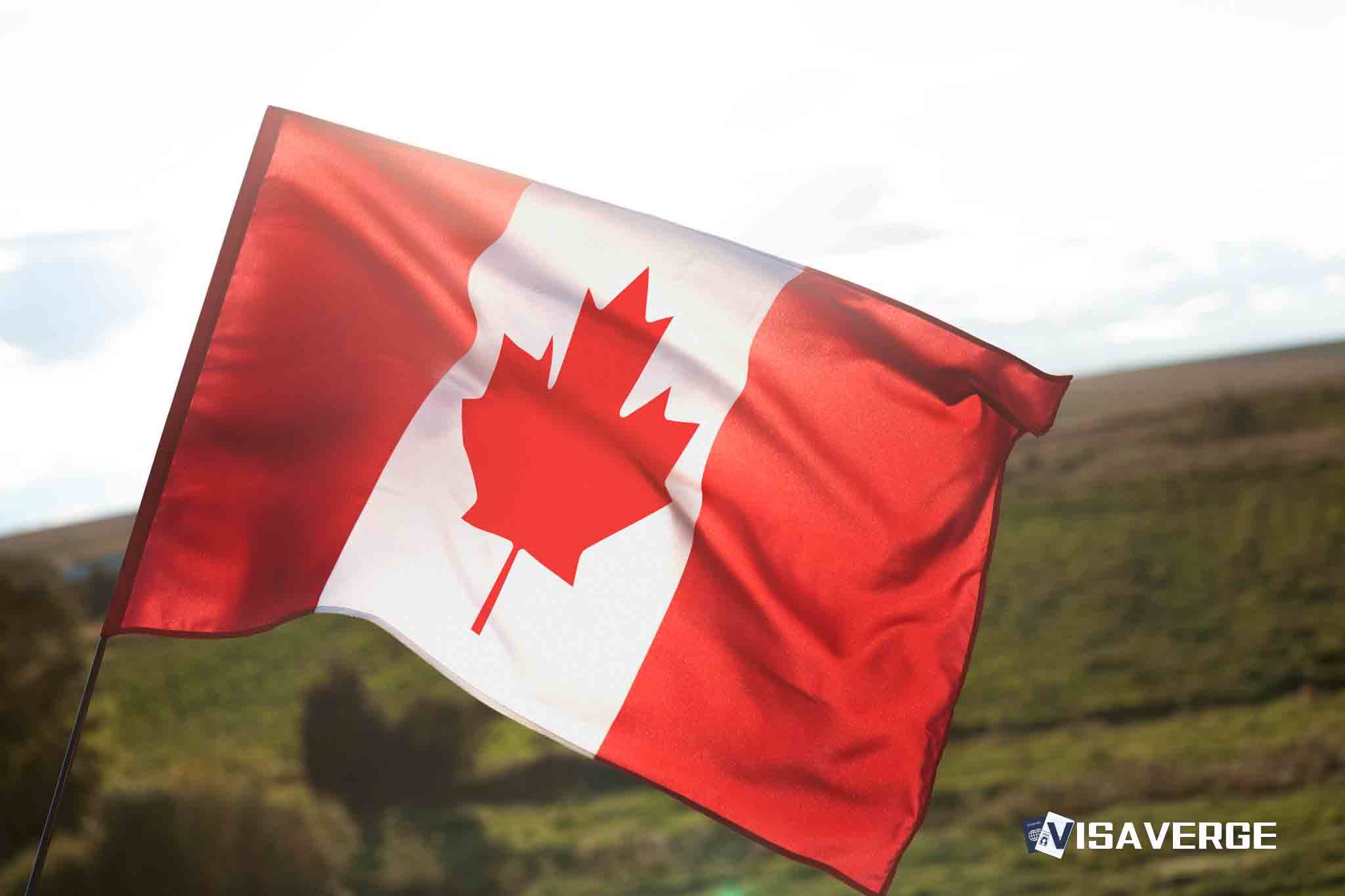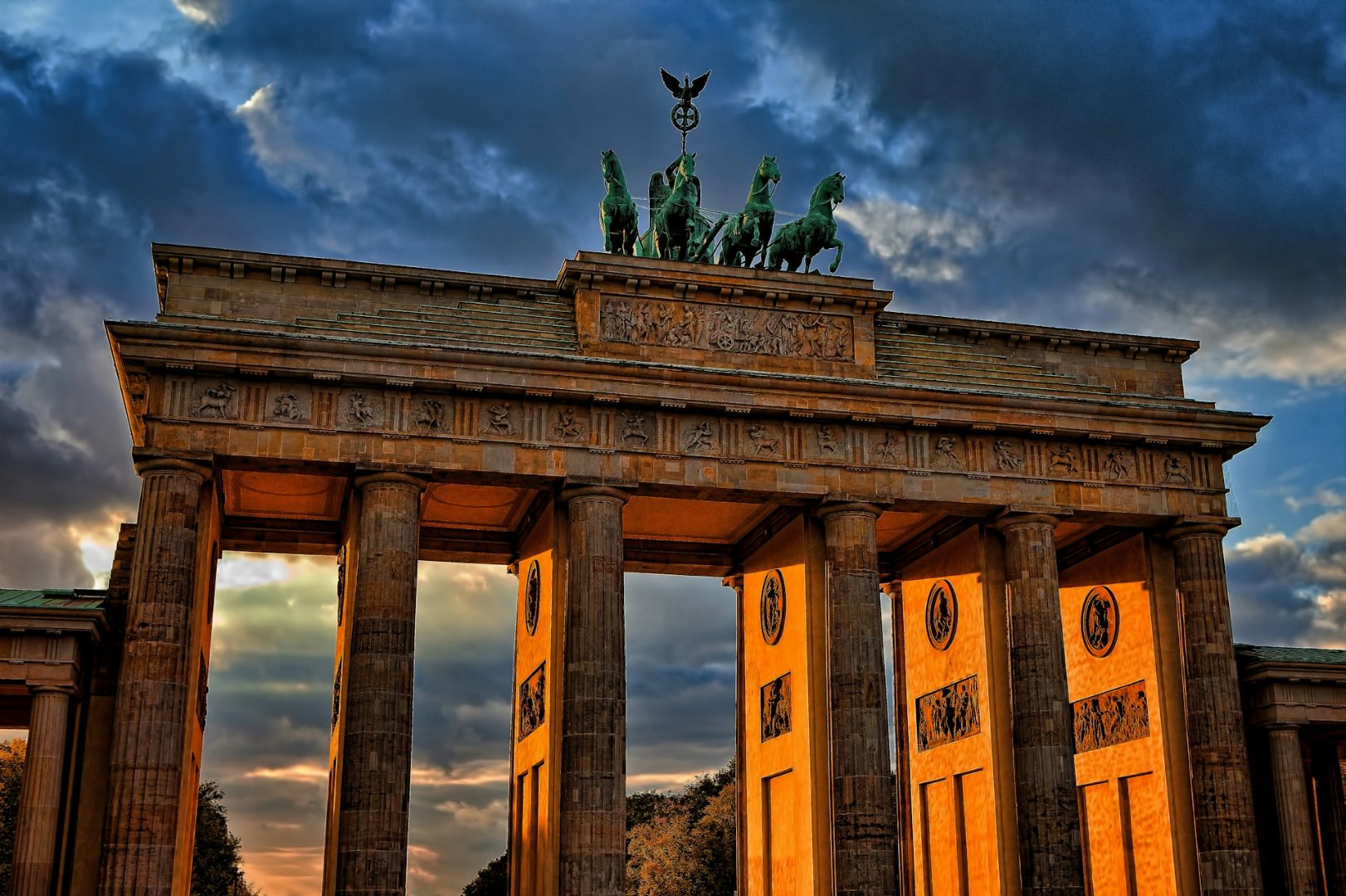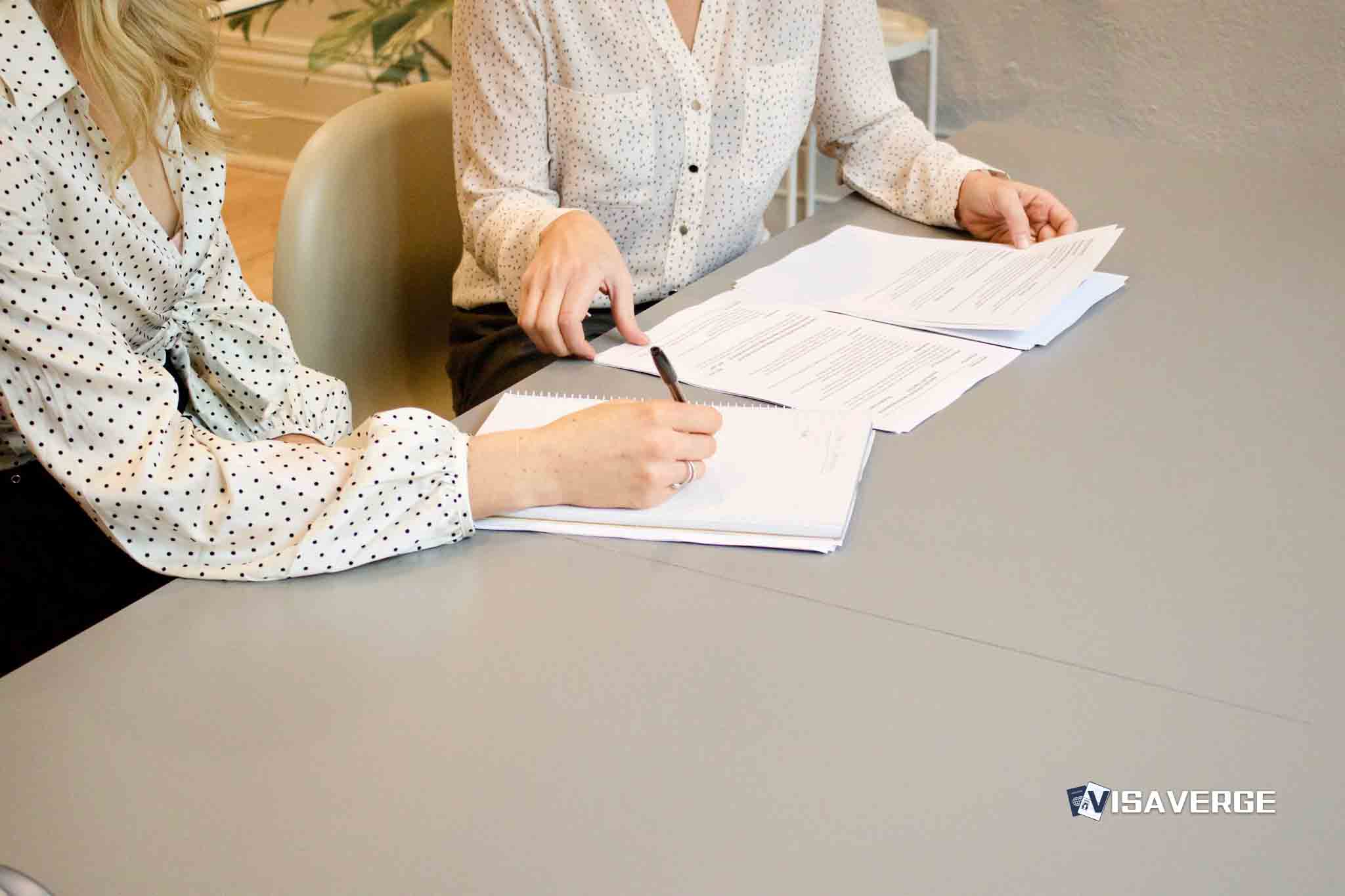Key Takeaways
• Starting May 27, 2025, new F, M, and J visa interviews are paused worldwide to enforce stricter social media screening.
• Harvard University applicants are initially targeted; policy likely to expand to other universities and visa types soon.
• Applicants must disclose all social media from past five years; private accounts may be reviewed and denial risks rise.
On May 27, 2025, the U.S. Department of State 🇺🇸 made a major change to its visa process, pausing all new student and exchange visitor visa interviews worldwide. This pause affects F (academic students), M (vocational students), and J (exchange visitors) visa categories. The main reason for this sudden halt is to put in place new, stricter rules for checking the social media and digital history of visa applicants. The first group affected are people connected to Harvard University, but experts expect the policy to soon include other universities and more visa types.
This move has caused confusion and concern among students, scholars, and universities around the world. Many are now worried about how their online activity could affect their chances of studying or working in the United States 🇺🇸. The new rules are part of a broader effort by the U.S. government to address national security and public safety, but they also raise questions about privacy, freedom of speech, and the future of international education.

What Changed and Who Is Affected?
The U.S. Department of State 🇺🇸 announced that, starting May 27, 2025, all new interviews for F, M, and J visas are paused at U.S. embassies and consulates worldwide. This means that anyone who wants to apply for a new student or exchange visitor visa must wait until further notice. The pause does not affect people who already have an interview scheduled—they can still attend their appointments as planned.
The policy is being rolled out first for applicants linked to Harvard University. This includes not only students and faculty, but also contractors and even tourists with ties to the university. However, the U.S. Department of State 🇺🇸 has signaled that the rules will likely expand to other schools and visa categories soon.
Key facts:
– Effective date: May 27, 2025
– Affected visas: F, M, and J categories
– Initial focus: Harvard University
– Current status: New interviews paused; existing appointments continue
Why Is This Happening?
The new rules are based on two executive orders signed by Secretary of State Marco Rubio: Executive Order 14161 (“Protecting the United States from Foreign Terrorists and Other National Security”) and Executive Order 14188 (“Public Safety Threats and Additional Measures to Combat Anti-Semitism”). These orders direct the U.S. Department of State 🇺🇸 to strengthen its screening of visa applicants, especially by looking at their digital and social media activity.
According to analysis from VisaVerge.com, the government believes that checking social media can help identify security threats and prevent people with dangerous intentions from entering the country. However, this approach has sparked debate about how much personal information the government should be allowed to review and what counts as a “red flag” on social media.
What Does the New Social Media Screening Involve?
Under the new policy, all applicants for F, M, and J visas must list every social media account they have used in the past five years on the DS-160 visa application form. This includes accounts on platforms like Facebook, Instagram, Twitter, TikTok, and others. Consular officers—the officials who review visa applications—are now instructed to carefully check these accounts for any signs of concern.
Important details:
– All social media accounts from the past five years must be disclosed
– Consular officers may ask to see private or limited-access accounts
– Applicants with no or very little social media presence may be seen as hiding something
– Sudden changes to privacy settings or deleting accounts can raise suspicion
– Visa denials may be issued under INA section 214(b), which does not require a detailed explanation and cannot be appealed
If a consular officer wants to see a private account, the applicant may be asked to make it public or provide access. The Fraud Prevention Unit may also get involved in reviewing digital footprints.
How Does This Affect Students and Universities?
The pause on visa interviews and the new social media rules have created a lot of uncertainty for international students, especially those hoping to attend Harvard University. Many students are now worried that something as simple as a private Instagram account or a lack of social media could hurt their chances of getting a visa.
Universities, including Harvard, have expressed concern that these rules will discourage talented students and scholars from coming to the United States 🇺🇸. Academic leaders warn that the policy could damage the country’s reputation as a top destination for global talent and research.
Recent events:
– In March 2025, thousands of student visa records were terminated, mostly for students involved in pro-Palestinian protests. More than half of these records have since been reinstated.
– Legal and academic experts say the new rules could have a “chilling effect” on free speech and academic freedom.
What Should Applicants Do Now?
If you are planning to apply for an F, M, or J visa, or if you already have an interview scheduled, here are some steps to follow:
- Complete the DS-160 form: Make sure you list all social media accounts you have used in the past five years. You can find the official form here.
- Prepare for your interview: If you already have an appointment, attend as planned. If you do not, you must wait until the pause is lifted.
- Review your social media presence: Check your profiles for anything that could be misunderstood or seen as a problem. Make sure your online activity matches the information in your application.
- Do not delete accounts or change privacy settings suddenly: This can look suspicious to consular officers.
- Be ready to provide access to private accounts if asked: Consular officers may request to see private content.
- Seek expert advice if you are unsure: Immigration attorneys and university international offices can help you understand the new rules.
What Are the Risks and Concerns?
Legal experts warn that the new policy does not clearly explain what kind of social media content could lead to a visa denial. This lack of clear rules makes it hard for applicants to know what is safe to post or share online. Privacy advocates are also worried about the government’s broad access to personal digital information.
Risks include:
– Visa denial based on unclear or subjective standards
– No right to appeal if denied under INA section 214(b)
– Longer processing times and delays
– Possible harm to academic and research programs
Academic leaders and privacy groups say the rules could discourage students from applying to U.S. schools, hurting the country’s ability to attract top talent.
How Are Different Groups Responding?
U.S. Government
The U.S. Department of State 🇺🇸 says the new rules are needed to protect national security and public safety. Officials point to recent executive orders as the legal basis for the changes.
Universities and Students
Universities, especially Harvard University, are worried that the policy will make it harder to bring in international students and scholars. Many students feel anxious about how their online activity might be judged.
Legal and Privacy Advocates
Lawyers and privacy groups argue that the rules are too broad and could violate rights to privacy and free speech. They also point out that the lack of clear standards makes it easy for mistakes or unfair decisions to happen.
International Applicants
Students and scholars from around the world now face more uncertainty and risk when applying for U.S. visas. Many are unsure how to prepare their social media profiles or what might cause a problem.
Background: How Did We Get Here?
Since 2019, most people applying for U.S. visas have had to list their social media handles on the DS-160 form. However, until now, consular officers only checked social media in certain cases, usually when there was a specific reason to be concerned.
The current policy shift began in March 2025, when the government started detaining and terminating the records of students involved in pro-Palestinian protests. In May 2025, the U.S. Department of State 🇺🇸 announced the pause on new interviews and the expansion of social media screening, with Harvard University as the first focus.
What Happens Next?
The pause on new visa interviews is temporary, but no end date has been announced. The U.S. Department of State 🇺🇸 is expected to release more guidance soon, which may explain the new rules in more detail.
Experts believe the policy will soon expand to other universities and possibly to more visa types. Legal challenges and advocacy efforts are likely, as universities and civil liberties groups push back against the new rules.
The international education community is closely watching the situation and preparing to adjust as more information becomes available.
Practical Guidance for Applicants
If you are affected by the new rules, here are some practical tips:
- Stay informed: Check the U.S. Department of State’s official website and your university’s international office for updates.
- Be honest and complete on your DS-160 form: List all social media accounts from the past five years.
- Keep your online presence professional and consistent: Avoid sudden changes or deleting accounts.
- If you have privacy concerns, talk to an expert: University advisers and immigration attorneys can help.
- Do not panic: Existing appointments are still being honored, and more guidance is expected soon.
Summary Table: Key Features of the New U.S. Visa Social Media Rule
| Feature | Details |
|---|---|
| Effective Date | May 27, 2025 |
| Affected Visa Categories | F (academic students), M (vocational students), J (exchange visitors) |
| Initial Focus | Harvard University (expected to expand) |
| Social Media Disclosure | Mandatory for all applicants (past 5 years) |
| Impact of No/Private Accounts | May be viewed as evasive; risk of denial |
| Current Status | New interviews paused; existing appointments proceed |
| Review Authority | Consular officers, Fraud Prevention Unit |
| Legal Basis | Executive Orders 14161 and 14188 |
| Next Steps | Await further guidance; review and prepare social media presence |
Where to Get Help and More Information
- U.S. Department of State – Bureau of Consular Affairs: The main source for official visa updates and forms. Visit travel.state.gov.
- SEVIS Help Desk: For student record issues, visit ice.gov/sevis.
- University International Offices: Contact your school’s international office for the latest guidance and support.
- Trusted Immigration Consultants: Reputable firms like Y-Axis can help with step-by-step advice.
Final Thoughts
The new social media screening rules mark a big change in how the United States 🇺🇸 handles student and exchange visitor visas. While the government says these steps are needed for national security, many students, universities, and privacy advocates worry about the impact on international education and personal freedoms.
If you are planning to study, teach, or visit the United States 🇺🇸 under an F, M, or J visa, it is more important than ever to be careful and honest about your online activity. Stay updated through official sources, prepare your application carefully, and seek expert help if you have questions.
As the situation develops, more guidance is expected from the U.S. Department of State 🇺🇸. For now, patience and preparation are key.
Learn Today
F visa → A U.S. visa category for academic students pursuing full-time study programs.
M visa → A U.S. visa category for vocational or non-academic students attending specialized training programs.
J visa → A U.S. visa category for exchange visitors, including students, scholars, and cultural exchange participants.
DS-160 form → The mandatory online U.S. visa application form requiring detailed personal and social media information.
INA section 214(b) → Immigration law allowing visa denials without detailed explanation or appeal if applicant lacks proof of ties.
This Article in a Nutshell
On May 27, 2025, the U.S. paused new student and exchange visitor visa interviews to enhance social media checks, initially impacting Harvard affiliates. This policy aims to increase national security but raises privacy and academic freedom concerns amidst global uncertainty.
— By VisaVerge.com













